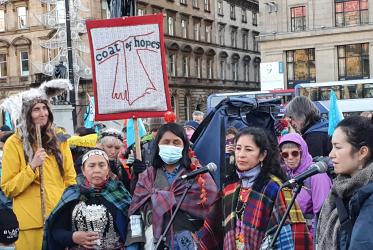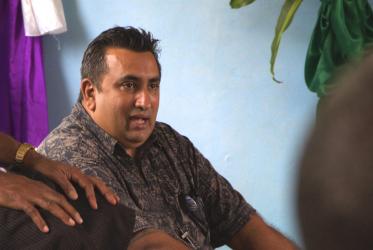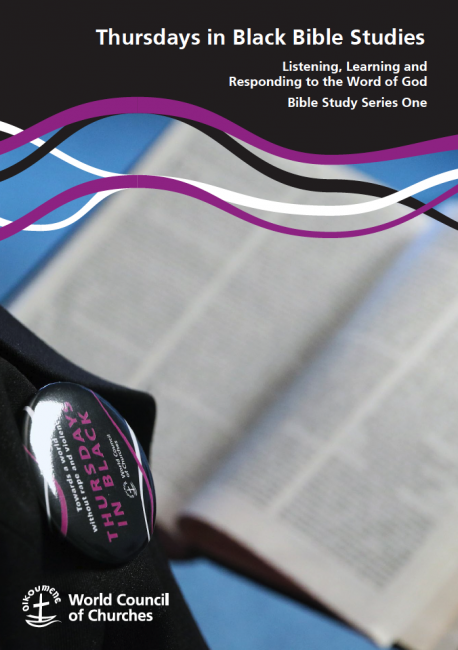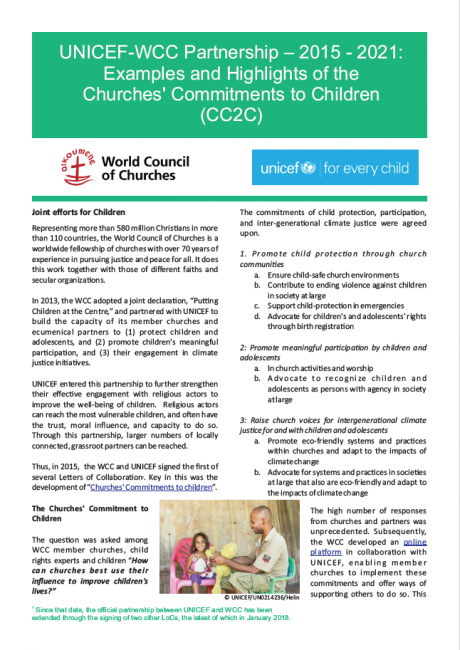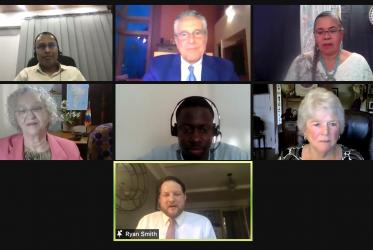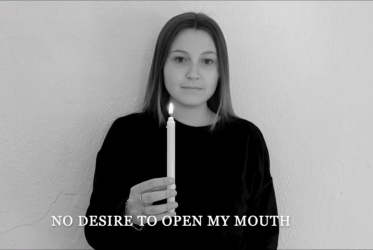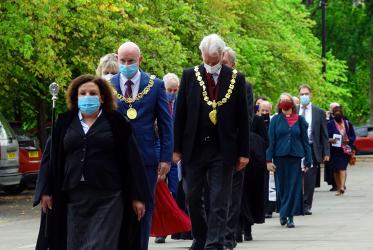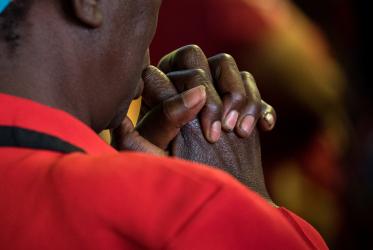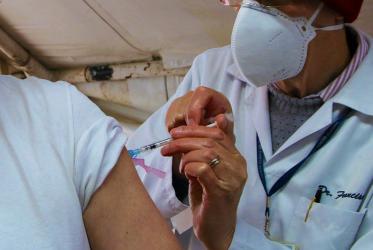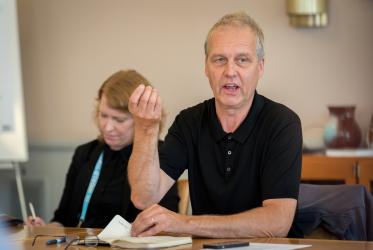Mostrando 161 - 180 de 274
Thursdays in Black Bible Studies Series 1
Listening, Learning and Responding to the Word of God
21 Octubre 2021
Las mujeres argentinas caminan en solidaridad con las mujeres afganas
23 Septiembre 2021
Women in Argentina walk in solidarity with women of Afghanistan
23 Septiembre 2021
Pastor Godson Lawson Kpavuvu: “God heals, but people must also be treated”
02 Septiembre 2021
Walk the Talk
A Toolkit to Accompany the "Roadmap for Congregations, Communities and Churches for an Economy of Life and Ecological Justice"
31 Agosto 2021
Can we end our societal addiction to fossil fuels?
12 Agosto 2021

